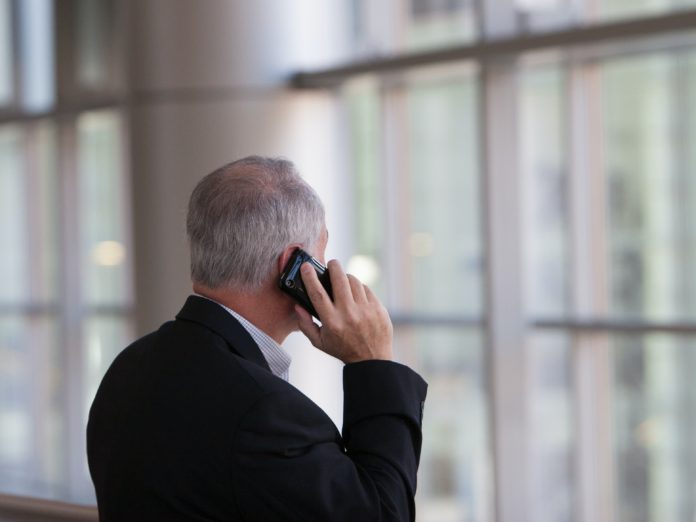

While telehealth has become a common part of life during the COVID-19 pandemic, state legislators are looking to adapt state law to include dentistry under allowed telehealth methods.
Bill sponsor Rep. Susan Lontine said telehealth has been a boon to rural communities, both in offering opportunities for specialist appointments that are not always available but also helping people feel comfortable approaching other medical services such as mental health services.
Lontine said the “big” telehealth bill, SB20-212, was passed last year and dealt specifically with reimbursement for health care services. The act prohibited health insurance carriers from imposing specific requirements or limitations on HIPAA-compliant technology in delivering health services; requiring a covered person to have a previous relationship with a provider for telehealth services; and imposing additional certification, location or training requirements as a condition of reimbursement for telehealth services.
But, Lontine said, telehealth requirements were difficult for certain providers to meet prior to the passage of last year’s legislation. Small practices in particular were struggling without being able to see patients in person during the pandemic. Lontine said dentists were another group looking for the ability to provide services via telehealth. As a result, SB21-139 looks to add the term “or dental plan” to the definition of telehealth in statute.
The bill would require that each dental plan issued, amended or renewed in the state to cover services offered via telehealth. While many might wonder how a hands-on dental practice can offer telehealth services, hygienist and dental writer Michelle Strang wrote in an article published in Dental Economics, a dental practice management journal, that hygienists can continue to gather information necessary for dentists to review patient symptoms, other staff can review insurance claims, simple hygiene checks could continue and follow-ups can be done in a way that eliminates the need to visit an office. According to the American Teledentistry Association, teledentistry can consist of virtual consultations, high-tech monitoring of patients for convenience and cost-savings and other remote options.
The American Dental Association requires teledentistry to be consistent with how services would be delivered in-person. “The ATDA believes that the same telehealth standards accepted in medical practice by state medical boards and the AMA should, naturally and logically, be applicable to dental practice. Dentists should be allowed to use telehealth technology to obtain the necessary medical/dental information needed to create a valid doctor-patient relationship without an in-person exam,” the ATDA Guidelines for Teledental Practice state.
During the early months of the COVID-19 pandemic in 2020, the ADA released guidance to dentists urging them to keep practices closed except for dental emergencies. In fact, the ADA pointed dentists toward teledentistry guidance for keeping track of patients and evaluating them while in the quarantine phases of 2020.
Colorado’s pandemic emergency rules also gave guidance to dentists in the state by authorizing dentists under certain instances to be able to vaccinate their patients against COVID-19.
SB21-139 has sponsorship from 15 state lawmakers, but the prime sponsors are Sens. Rhonda Fields and Cleave Simpson, with sponsorship in the House coming from Reps. Susan Lontine and Matt Soper. The bill received Senate approval in late March and is now in the House Health and Insurance Committee.

